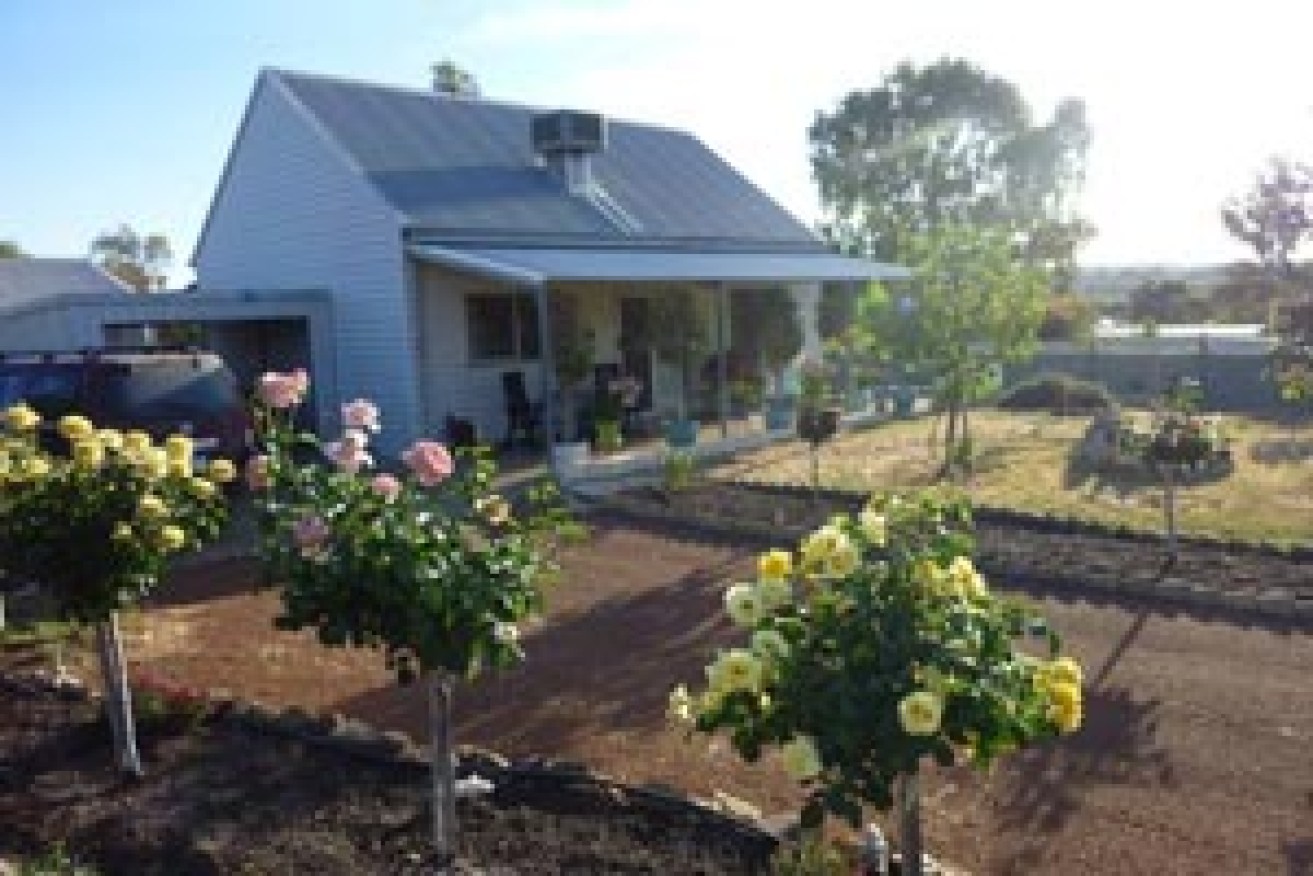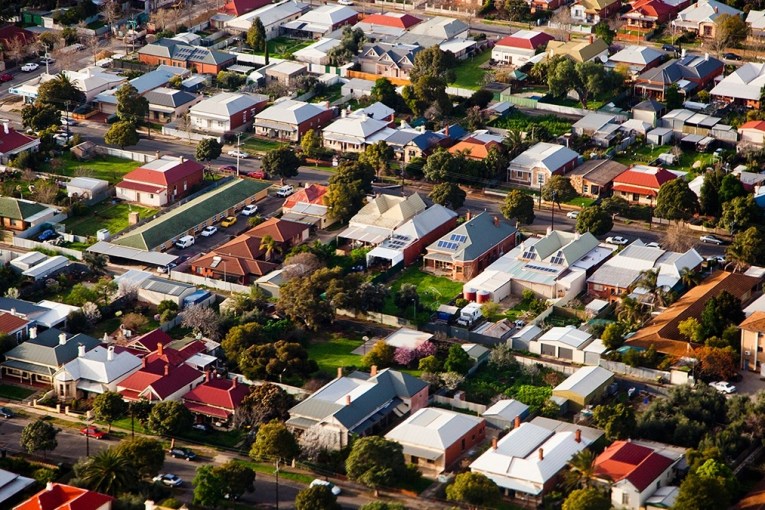How to find your affordable rural escape


York, WA, listed at $260,000. Photo: Realestateview.com.au
The country retreat is often seen as the preserve of the superannuated or the super wealthy. With most of us battling to pay off mortgages in expensive capital cities, the idea of a second home to retire to on long weekends seems like an unrealistic pipe dream.
Yet, while many of us may not be able to afford a fully renovated modernist pile on Victoria’s Mornington Peninsula, more humble homes are still within our reach.
• How you can dob in dodgy housing investors
• Brisbane home wedged in by development sells
• Buy or sell? The big issue impacting home upgraders
In fact, a Roy Morgan survey of 16,809 Australians between July 2013 and June 2014 found one in 40 Australians own holiday homes.
And far from being money pits, holiday homes can offer significant gains if you know where to look.
Gains to be made

Riverton, SA, listed at $160,000. Photo: Realestateview.com.au
King and Heath First National managing director, Chris Martin, sells real estate in the Gippsland Lakes area — a good few hours’ drive out of Melbourne — and says many clients are looking to buy run-down farming land and on-sell it for a profit.
“The fences on the farm may have fallen back, the pasture quality may not be what it used to be and there is an opportunity for someone to buy the land and improve upon it,” Martin says.
“They could add underground water mains — instead of irrigation — improve the pasture and sell it to hobby farmers down the track. We are seeing a real growth in lifestyle farmers in the region, so there are significant financial gains to be made.”
Likewise, buyers may gravitate towards a dilapidated beach shack on a large block that can be improved upon.
“There may be room to put a second dwelling on the block, thereby increasing value that way,” Mr Martin says.
“You can’t change the location, but we are certainly not short of land here.”
Restrictions apply

York, WA, listed at $260,000. Photo: Realestateview.com.au
Of course, you will need to undertake a few checks before buying.
Money expert at comparison site Finder.com.au, Michelle Hutchison, says buyers need to make sure council restrictions will not impinge on their ability to build their dream home.
“Some of the properties in country areas will be cheaper but you could be in the heart of bushfire areas,” Ms Hutchison points out.
“It will affect the materials you use to build your home, as well as the fact that each summer you will be preparing for fire.”
Martin adds that the topography of some blocks means buyers could only build a house on stumps — rather than pouring a slab — and this was often more expensive.
Rural and regional councils may also impose erosion management, flood inundation or even wild dog overlays that may stipulate certain building requirements.
Choose your location carefully

Homebush, Vic, listed at $295,000. Photo: Realestateview.com.au
Mortgage Choice spokeswoman, Jessica Darnbrough, encourages those in the market for a country retreat to research capital growth history in the region.
You may only intend to use the property as an occasional getaway, or to keep it in the family, but you should always make sure your investment is likely to go up in value.
“If you are going to need to rent out the property for certain times in the year, then you want to choose a place that is the perfect weekender,” Ms Darnbrough says.
“Something that is fewer than a few hours’ drive from the capital city, and a property that is close to water is always good too.”
But surely any decent properties within weekend driving distance to capital cities will be unaffordable?
“As with anything it comes down to research,” Ms Darnbrough says.
“Commuter towns with access to public transport may be unaffordable but you could opt for towns that are only accessible via car.
“The Central Coast of New South Wales is not that far out of Sydney and while it is increasing in price it is still much cheaper than a lot of places.”
Buyers should look for towns that offer a diversity of employment and are therefore less likely to be impacted by the boom-or-bust economics of one-sector regions.
“As we saw with the mining boom in Western Australia, there are a lot of properties that depreciated in value once the mines closed down,” Darnbrough says.
“Look for a town that has lots of employment prospects. Are there cafes? Is it a weekender town? Are there caravan parks?
“Most importantly, spend some time in the local area before committing.”









